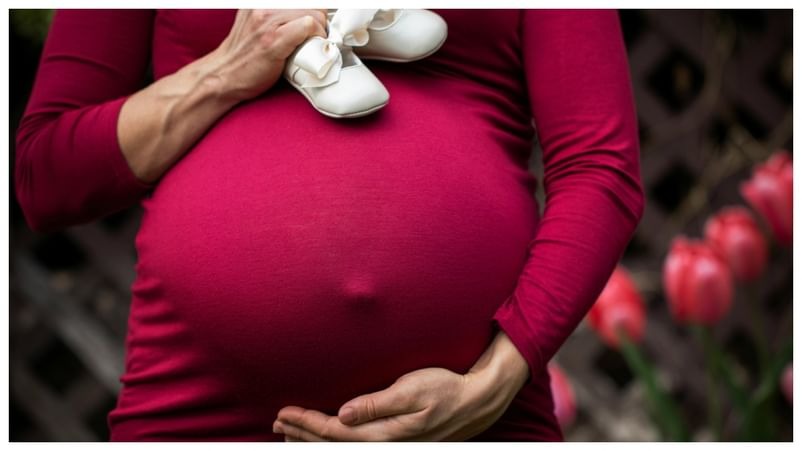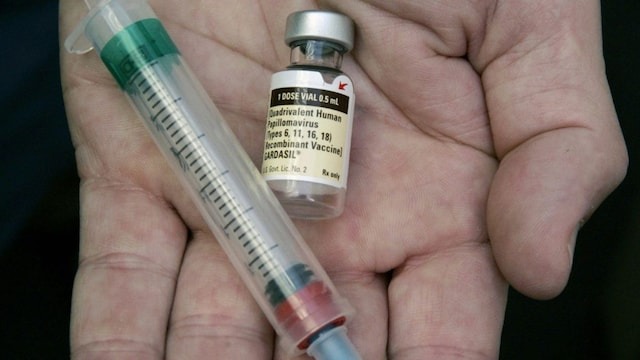
Several issues come into play to decide whether an individual and his partner should tie the knot or not, but one such question that does remain is what is the appropriate age to marry, what are the consequences of getting married late, and similarly the age of getting children? Well, the answer here is not quite straightforward. During the last several decades, several factors contributed to the ascend of the age at which individuals get married, especially for women and men. So we are approaching a time in society when half of all weddings will be for women and men over thirty, which is quite different from historical times.
While interacting with News9Live, Dr. ArchanaDhawan Bajaj, who is a Gynecologist, Obstetrician and IVF Expert at Nurture IVF Clinic, New Delhi, discussed the ideal age to conceive. According to the expert, there is usually an ideal age that one should get married at and this age is suitable for pregnancy. 'This sweet spot varies from person to person and also depends on the context. Ideally, the ‘right age’ for a person to settle down would be somewhere within their mid-20s to early 30s. At these variable ages, individuals are considered strong, mature, well learned and mentally equipped to deal with married life. Not to mention, one requires a sufficient amount of time, money, and energy to live a comfortable life, have children and experience being a middle-aged adult living in your fifties. Regardless, every individual is different, hence so is their right age.'
Dr Bajaj also said that late married couples are becoming more less fertile with the inability to get pregnant naturally being the most worrying infertility indicator. After six months of attempting to conceive naturally, it is recommended to visit a fertility specialist. This is especially true for women beyond the age of 35 as they tend to have problems with infertility. In fact, a women's diminished egg reserve is the most prevalent factor affecting their chances of getting pregnant as they age.
Women are born with a finite supply of eggs and that begins to deplete from the moment of birth. This depletion accelerates post age of 35.
A particular research shows that women working take a longer time to conceive and this is probably a result of a British work environment and its impact on the menstrual cycle. Stressful life events such as work and family have been linked to irregular menstrual cycles which may result in polycystic ovarian disorder It is one of the many ailments which result into infertility.
Women experiencing irregular and painful menstrual cycle, excessive bleeding during their periods, low ovarian reserve and other medical conditions like fibroids of uterus or history of recurrent miscarriage should consult a reproductive endocrinologist at the earliest. Also, males may suffer from erectile dysfunction and various abnormalities of sperm integrity including poor motility, abnormal morphology and low sperm counts. Abdominal fat does affect sperm and sexual health. However, gynaecologists still feel that the best time for having children is between the age of 20 and 35.

 Desk
Desk Share
Share






